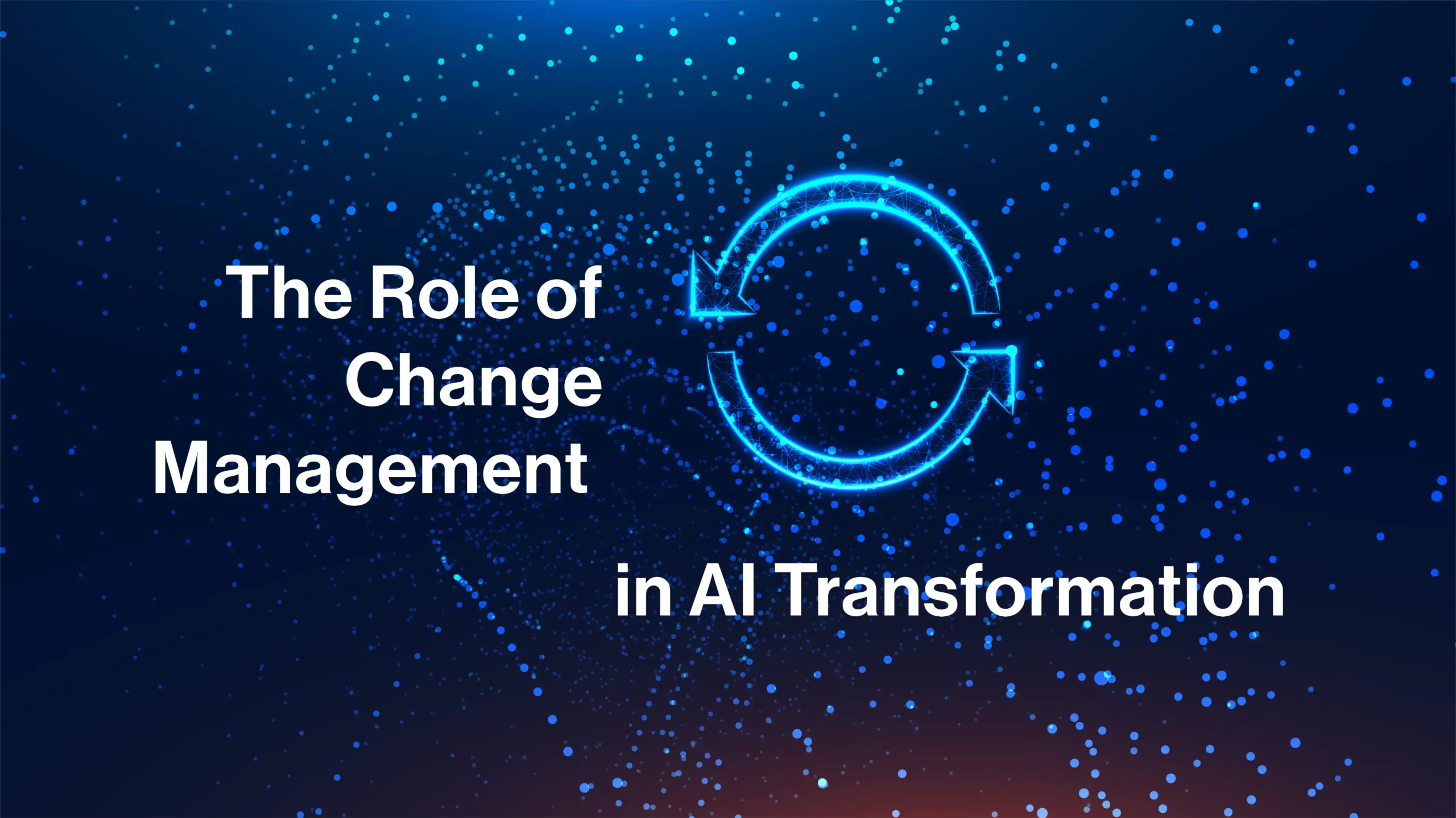The integration of artificial intelligence (AI) into business operations is not merely a technological shift; it's a profound transformation that impacts every facet of an organization. To ensure the successful adoption and implementation of AI, effective change management is paramount. This article delves into the critical role of change management in AI transformation and outlines strategies for navigating this complex process.
Why Change Management Matters in AI Transformation
AI transformation involves more than just deploying new technologies. It requires a fundamental shift in mindsets, processes, and organizational culture. Without proper change management, AI initiatives can face resistance, delays, and ultimately fail to deliver the desired outcomes. Effective change management addresses the following challenges:
- Resistance to Change: Employees may resist AI adoption due to fear of job displacement, lack of understanding, or discomfort with new ways of working. Change management helps to address these concerns through communication, training, and support.
- Skill Gaps: AI implementation often requires new skills and expertise. Change management ensures that employees are equipped with the necessary knowledge and capabilities to leverage AI effectively.
- Process Redesign: AI can significantly alter existing workflows and processes. Change management helps to redesign processes to maximize the benefits of AI and minimize disruptions.
- Cultural Shift: AI adoption requires a cultural shift towards data-driven decision-making and a willingness to embrace new technologies. Change management fosters this cultural transformation by promoting a shared vision and values.
Key Strategies for Effective Change Management in AI Transformation
- Develop a Clear Vision and Roadmap: Articulate a compelling vision for AI transformation that aligns with the organization's strategic goals. Develop a roadmap that outlines the steps, timelines, and resources required for successful implementation.
- Communicate Effectively: Communicate the vision, benefits, and expected outcomes of AI transformation to all stakeholders. Address concerns and provide regular updates on progress.
- Build a Coalition of Support: Identify and engage key stakeholders who can champion AI adoption and influence others. Build a coalition of support that includes executives, managers, and employees from different departments.
- Provide Training and Support: Invest in training programs to equip employees with the skills needed to work with AI tools and technologies. Provide ongoing support and resources to help employees adapt to new ways of working.
- Celebrate Successes: Recognize and celebrate early wins and milestones to build momentum and reinforce the positive impact of AI transformation.
- Monitor and Adapt: Continuously monitor the progress of AI implementation and be prepared to adapt your change management strategy as needed.
Conclusion
Change management is not an afterthought in AI transformation; it's a critical success factor. By addressing the human and organizational aspects of change, businesses can ensure that their AI initiatives are embraced, adopted, and ultimately deliver the desired outcomes.
At Blueriver, we understand the complexities of change management in the context of AI transformation. Our team of experts can help you develop and implement a change management strategy that aligns with your unique needs and goals. Contact us today to learn more about how we can partner with you on your AI transformation journey.
